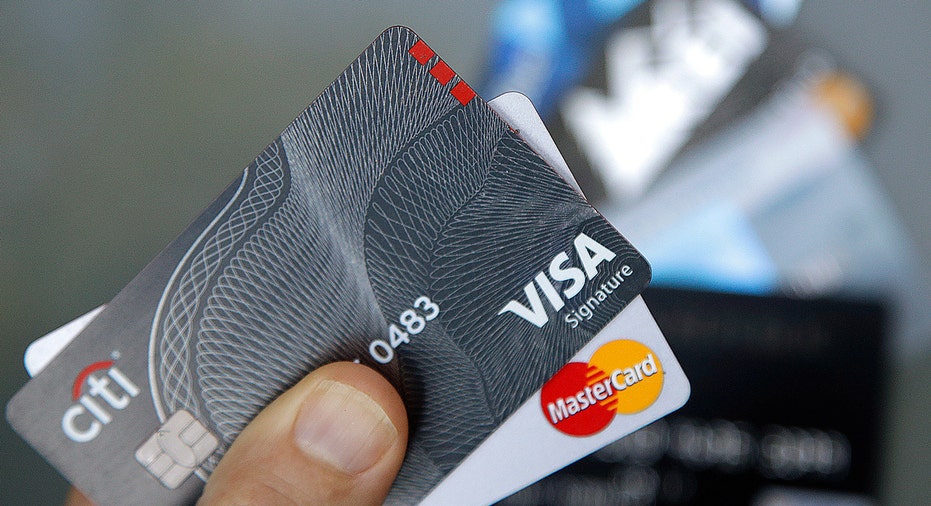US consumer borrowing surged in July

American consumers borrowed more heavily in July, increasing their debt primarily in a category that includes auto and student loans.
The Federal Reserve said Friday that overall consumer credit rose $18.5 billion in July, up from the $11.9 billion increase in June.
Economists and financial markets watch the credit report closely for clues about the direction of consumer spending, which accounts for about 70 percent of economic activity.
Non-revolving credit, which includes auto and student loans, increased $15.8 billion. The category that includes credit cards advanced $2.6 billion.
The July increase brought consumer credit to a total of $3.75 trillion. The Fed's monthly credit report does not include mortgages or other debt secured by real estate, including home-equity loans.
Increased loan demand is often a sign of continued economic growth.
The economy expanded at 3 percent annual clip in the April-June quarter. The gains suggest that that overall growth is back on track after a lackluster start during the first three months of 2017. Hiring has occurred at a slightly slower pace than in 2016, but it remains healthy. Employers added 156,000 jobs in August as the unemployment rate ticked up to 4.4 percent.
The recent growth has left consumers slightly more eager to spend. Consumer spending rose 0.3 percent in July, the best showing since April, the Commerce Department recently reported. Incomes in June grew 0.4 percent, the best showing since February.



















